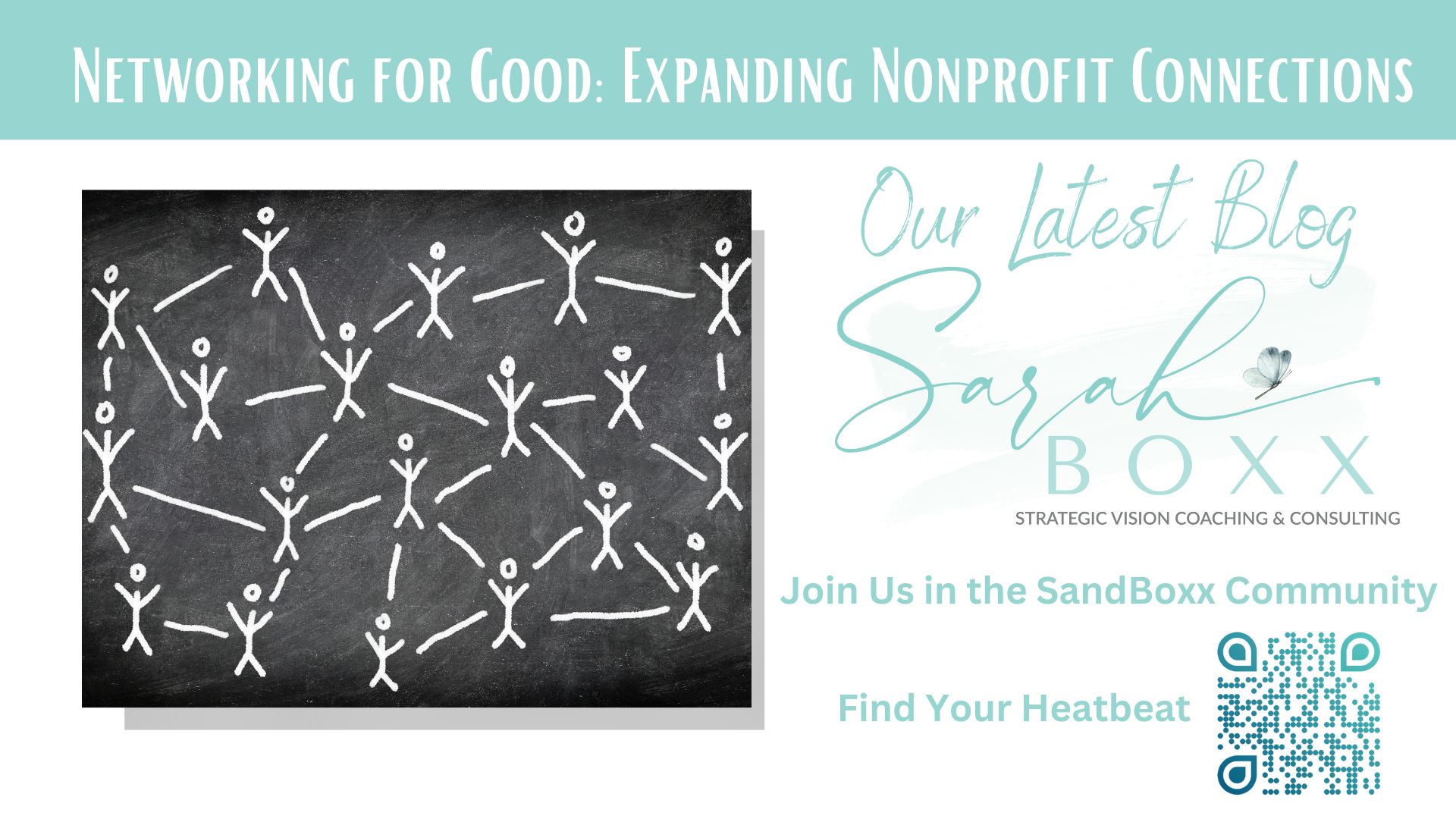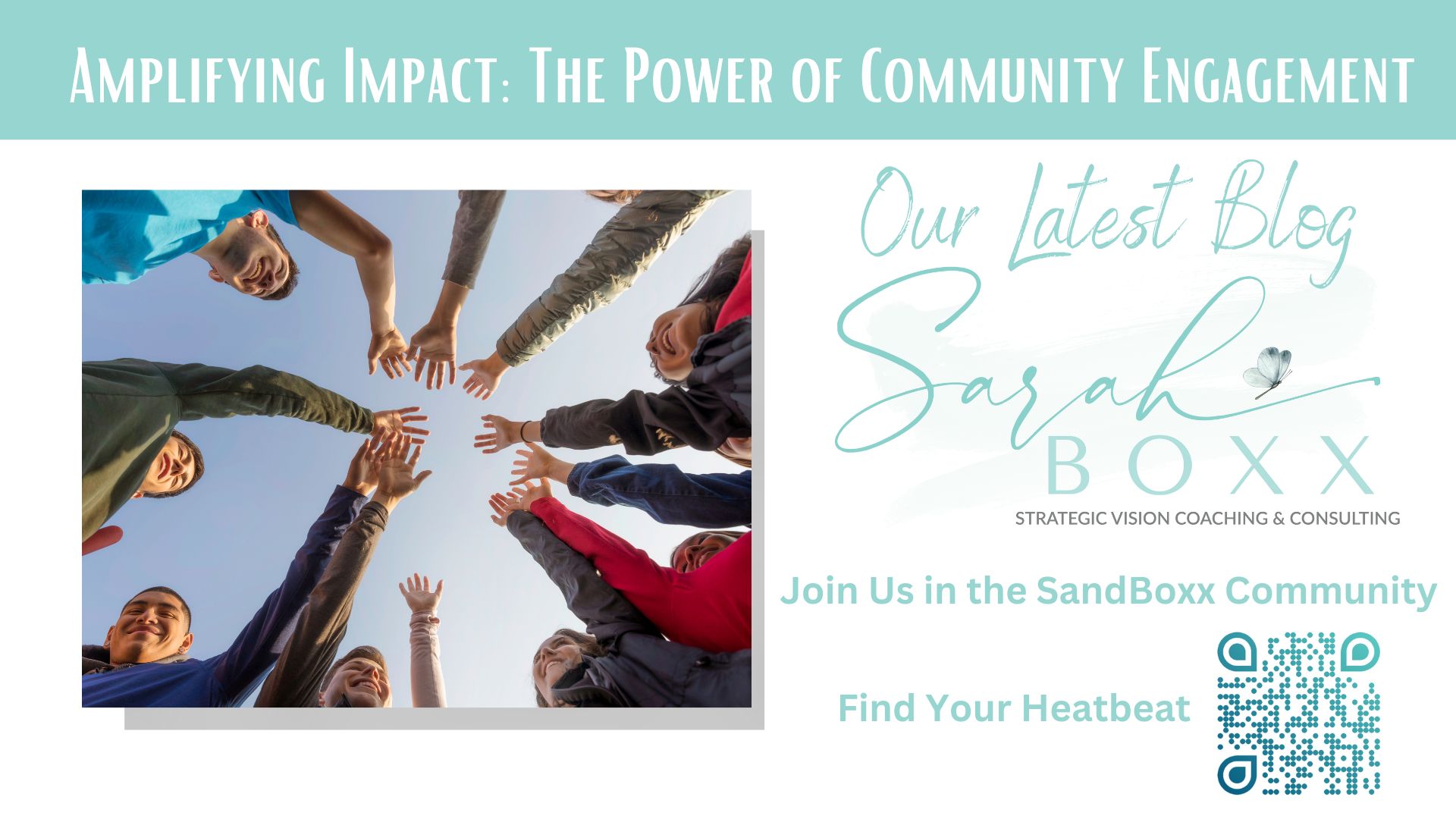“Without data, you are just another person with an opinion.”
-Edwards Deming
When it comes to making critical decisions for your organization, such as responding to problems and adverse circumstances or planning for the future, it’s important to start with the facts.
As any leader knows, data-informed decision making is a critical piece of good strategic planning. Strategic planning without the data to support your goals and decisions wouldn’t be, well, “strategic.”
This is especially evident when planning with a collaborative group.
If you come to the table with ideas that will impact your organization, but you lack sufficient facts and information to support your ideas, you’re likely to get shot down (with good reason) by the rest of the crew.
Why is data essential for strategic planning?
- It gives you an accurate picture of the current state of your organization.
- It informs your understanding of the audience you serve.
- It helps to predict the obstacles or challenges you may face as you work.
- It allows you to set realistic goals for future growth and impact.
Now that we have established the essential nature of having high quality and reliable data information to support your decision making and planning, we know what you are probably wondering:
“HOW do I obtain the data I need for my organization?”
Excellent question!
There are a variety of ways to collect data, depending on the specific nature of your work, the timeline you have to work with, and the kind of information you need. Here are a few helpful information gathering strategies to get you started:
5 Strategies Nonprofits Can Use to Collect Data:
- Send out a survey
With digital tools such as Google Forms and Survey Monkey, collecting survey information from your donors, community (or really anyone) has never been easier. These platforms make it easy to craft questions that specifically address your areas of interest and they compile the feedback into one helpful and user-friendly document. - Talk With Industry Partners
Your industry partners can be a huge wealth of information. It never hurts to reach out and ask about trends they are seeing or strategies they are using to meet the needs of their community. - Check Official Government Records
Depending on the nature of the information you need, government records such as US census information or public criminal records may be helpful. There is a surprisingly large amount of information available for the public to access…all you have to do is look. - Reach Out To Local & Federal Agencies
Most local and federal agencies and organizations are ready and willing to support the work of nonprofits. Your local health departments, police departments, or federal agencies (foster care, Medicaid, etc.) can be a helpful source of data and information. - Consult University Experts
Each year, there are countless men and women in academia who receive substantial grants to do one thing…research. In other words, there are probably university experts who have already begun collecting the data that your organization needs. Don’t be afraid to reach out.
When it comes to gathering data for your strategic planning, the greatest stumbling blocks among nonprofit leaders are not a lack of available information, it’s learning what data is important for their organization, and how to assess and make meaning of the data that already exists.
In other words, data collection requires you to get comfortable reaching out and asking for help from other community partners and organizations to learn about the data and then learn the “story behind the data”.
If you are looking to learn more strategies for data collection and ideas for putting this information to good use, Sarah Boxx Coaching & Consulting is opening access to the Intentional Nonprofit Leaders Membership Community.
This is a closed membership community, co-created (with members) to provide guidance, resources, and expertise so leaders can reclaim time, lead strategically, and have sustainable mission impact.
If you want to learn more about this incredible opportunity, add your name to our waitlist today!
Article was contributed by: Maria Lees, Team Writer with Sarah Boxx




